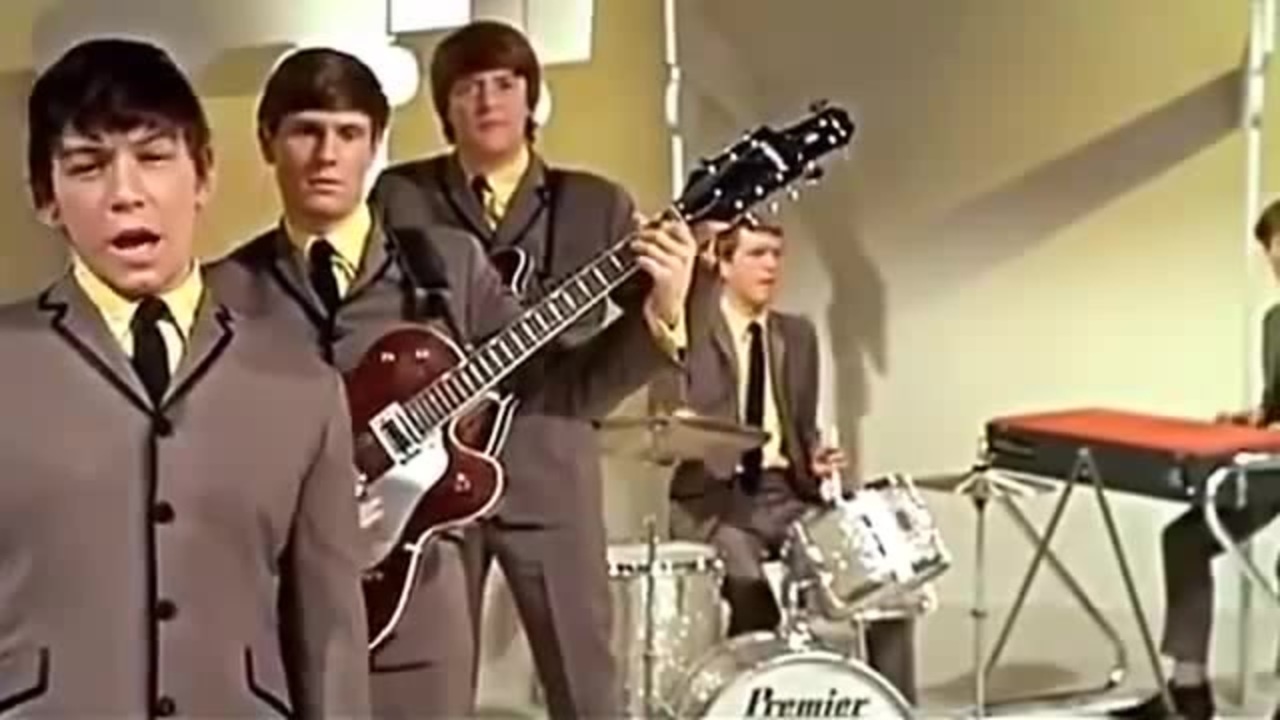After our last post about the grandaddy of the blues, a song with many versions, of tragedy, poverty and prostitution best known for being 1964 hit for The Animals, but with no known writer, and possibly stretching back into 17th century English folk. To some it’s a masterpiece, to others a dirge, or simply one of the first songs a beginner learns on guitar, but from early English folk to 20th-century New Orleans, with artists that include Woody Guthrie, Nina Simone, The Animals to alt-J, it’s a song that keeps evolving.
Prostitution, gambling, alcoholism, homelessness, poverty … it’s generally thought of as an American song set in New Orleans, and covered most successfully by Newcastle’s Eric Burdon and co, but the original house of ill-repute, the Rising Sun, may have been a pub or brothel in England, and later hotel in New Orleans though none are specifically established. It’s also likely may have originally emerged from early folk songs The Unfortunate Rake, or The Unfortunate Lad, and the melody, as suggested by folk historian Alan Lomax, as coming from the song Lord Barnard and Little Musgrave, also known as Matty Groves. It’s also possible that a French version was in reference to the sun king, Louis XIV. Either way, it crossed the Atlantic to New Orleans, and spawned a variety of versions in different styles. some of which change the lyrics. The Animals version is shown below, but listen out for the variants:
There is a house in New Orleans
They call the Rising Sun
And it's been the ruin of many a poor boy
And God I know I'm one
My mother was a tailor
She sewed my new blue jeans
My father was a gamblin' man
Down in New Orleans
Now the only thing a gambler needs
Is a suitcase and trunk
And the only time he'll be satisfied
Is when he's all drunk
Oh mother tell your children
Not to do what I have done
Spend your lives in sin and misery
In the House of the Rising Sun
Well, I got one foot on the platform
The other foot on the train
I'm goin' back to New Orleans
To wear that ball and chain
Well, there is a house in New Orleans
They call the Rising Sun
And it's been the ruin of many a poor boy
And God I know I'm one.
The first existing recording was by a ploddy, if charming version Appalachian artists Clarence "Tom" Ashley and Gwen Foster in 1928, later released in 1933:
Woody Guthrie, the master of itinerant songs, made this recording in 1941:
Bluesman Lead Belly made a clattery, resonant version in 1944:
In 1946, but released in 1950 civil rights campaigner Libby Holman, accompanied by Josh White, made one of the slowest, but fullest, most warbliest-voiced and most intense, heartfelt versions:
By contrast, Pete Seeger’s intimate, banjo accompaniment singing in 1958 gave the song a whole new feeling that gave rise to more familiar versions. Note that he sings from the female perspective:
Joan Baez’s 1960 version is slow and intense, but her high, delicate voice gives it new freshness and a more fragile sense of tragedy.
A young Bob Dylan, who of course became Baez’s lover, made one of best early recordings and vocal performances in 1961 (released in 1962 for his debut album) in a version that he had learned from Dave Van Ronk, which includes that rich acoustic guitar playing, and characteristic bass run.
Nina Simone’s live version for her for the album Nina at the Village Gate in 1962 has a jazz-swing upbeat style:
Then in 1964 The Animals’ career was transformed with their arpeggio-style guitar, swirling Hammond organ and Burdon’s soaring vocal. They started to perform in when supporting Chuck Berry on tour:
On October that same year, France’s Johnny Halliday made his own version, Le Pénitencier:
Heavy rock was not going to miss out. Detroit’s Frijig Pink recorded in in 1969 for a 1970 release. Here they are rockin’ out in 1971:
Many country stars have recorded the song. In 1981 Dolly Parton sang a pop/gospel style, and included a raunchy line about pleasuring men, though the tacky backing beat isn’t entirely to everyone’s taste:
Back to traditional versions, Doc Watson, meanwhile, who had once played with the original Clarence Ashley, recorded one of the loveliest fingerpicking versions:
There have been many other takes, including those by heavy metals bands such as an indulgent Five Finger Death Punch in 2014, but there’s no room for any more here. But one of the best and original of recent takes is by British experimentalists alt-J, from thri 2017 album Relaxer, with slow, church organ-based otherworldly version that also takes the melody to new places:
Want to suggest songs for Song of the Day or to say anything about it? Does this song make you think of something else? Then feel free to comment below, on the contact page, or on social media: Song Bar Twitter, Song Bar Facebook. Song Bar YouTube. Please subscribe, follow and share.
New to comment? It is quick and easy. You just need to login to Disqus once. All is explained in About/FAQs ...

